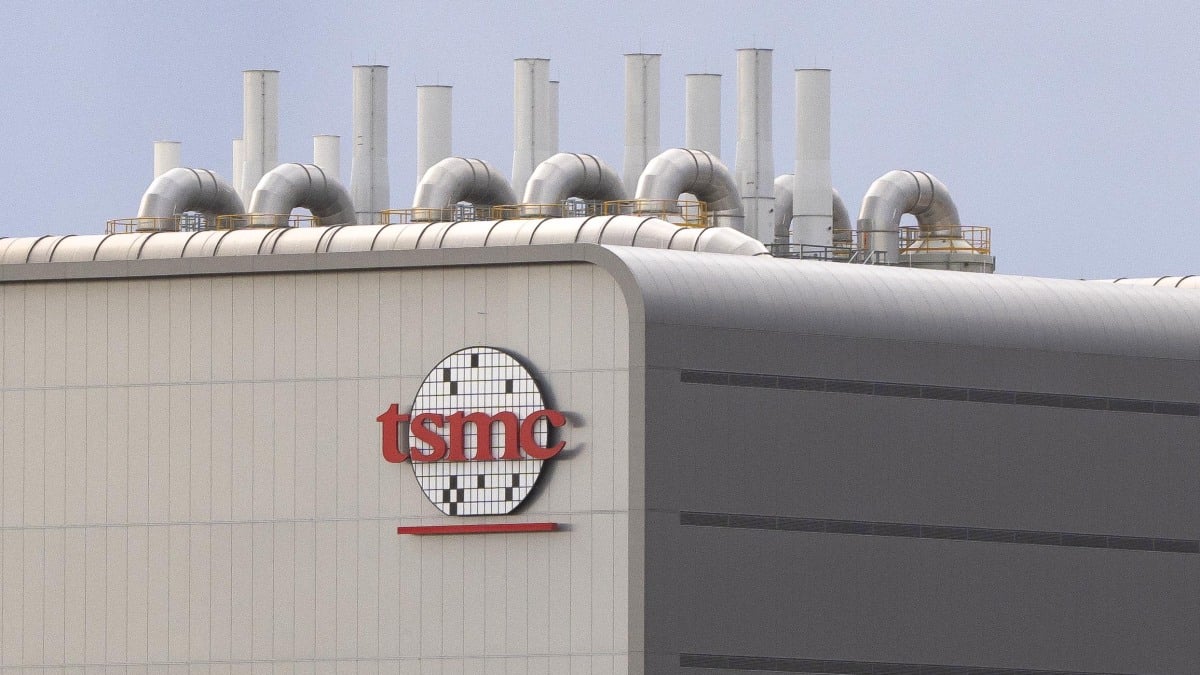The Dark Side of Digital Factories: AI's Hidden Environmental Toll

In a groundbreaking new report, environmental advocacy group Greenpeace has unveiled critical insights into how artificial intelligence is potentially widening the global power divide. The study highlights the stark disparities in AI development and deployment, revealing how technological advancements may be disproportionately benefiting wealthy nations while marginalizing developing economies.
Greenpeace researchers argue that the current trajectory of AI innovation is creating a digital ecosystem that reinforces existing economic inequalities. Wealthy tech giants and developed countries are rapidly advancing AI capabilities, while many regions in the Global South struggle to access and leverage these transformative technologies.
The report emphasizes that without deliberate interventions and inclusive strategies, AI could become another mechanism of technological colonialism. Key concerns include limited access to AI infrastructure, unequal data representation, and the concentration of AI research and development in a handful of global tech hubs.
As the world becomes increasingly digital, Greenpeace calls for international cooperation and policies that ensure more equitable AI development. The organization advocates for knowledge transfer, increased funding for AI research in underrepresented regions, and frameworks that prioritize global technological inclusivity.
This critical examination serves as a wake-up call for policymakers, tech companies, and global leaders to address the potential long-term consequences of unchecked AI expansion on global power dynamics.
